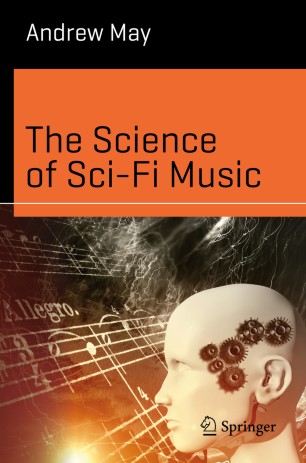

Most ebook files are in PDF format, so you can easily read them using various software such as Foxit Reader or directly on the Google Chrome browser.
Some ebook files are released by publishers in other formats such as .awz, .mobi, .epub, .fb2, etc. You may need to install specific software to read these formats on mobile/PC, such as Calibre.
Please read the tutorial at this link: https://ebookbell.com/faq
We offer FREE conversion to the popular formats you request; however, this may take some time. Therefore, right after payment, please email us, and we will try to provide the service as quickly as possible.
For some exceptional file formats or broken links (if any), please refrain from opening any disputes. Instead, email us first, and we will try to assist within a maximum of 6 hours.
EbookBell Team

4.4
22 reviewsThe 20th century saw radical changes in the way serious music is composed and produced, including the advent of electronic instruments and novel compositional methods such as serialism and stochastic music. Unlike previous artistic revolutions, this one took its cues from the world of science.
Creating electronic sounds, in the early days, required a well-equipped laboratory and an understanding of acoustic theory. Composition became increasingly “algorithmic”, with many composers embracing the mathematics of set theory. The result was some of the most intellectually challenging music ever written – yet also some of the best known, thanks to its rapid assimilation into sci-fi movies and TV shows, from the electronic scores of Forbidden Planet and Dr Who to the other-worldly sounds of 2001: A Space Odyssey.
This book takes a close look at the science behind "science fiction" music, as well as exploring the way sci-fi imagery found its way into the work of musicians like Sun Ra and David Bowie, and how music influenced the science fiction writings of Philip K. Dick and others.